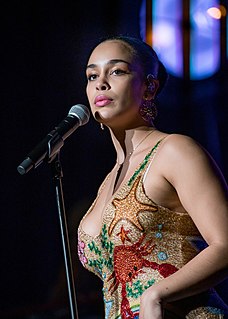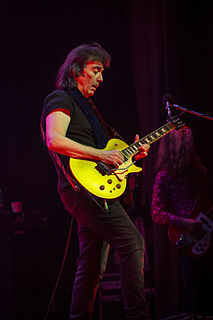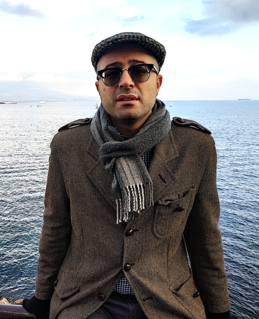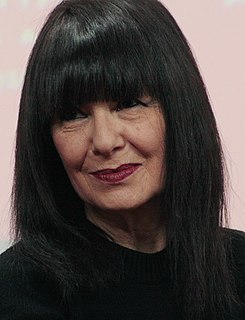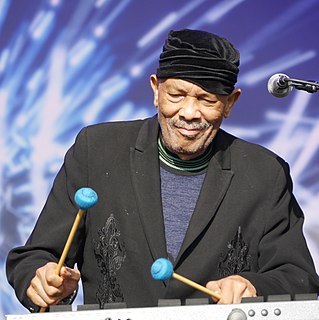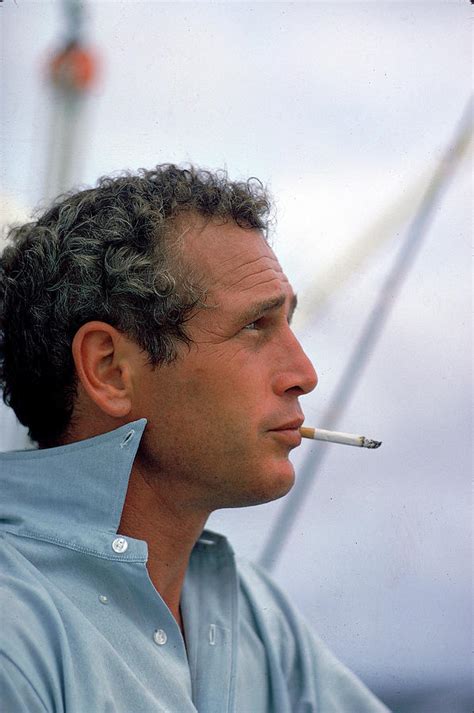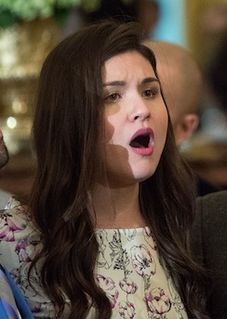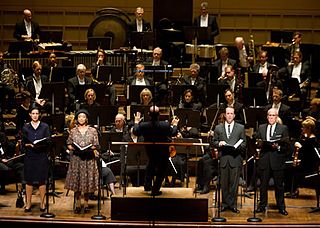A Quote by Savion Glover
I did a production called 'Classical Savion,' where I did some Shostakovich, Mendelssohn, Bach, Vivaldi, and all these great pieces.
Quote Topics
Related Quotes
My father was able to play a number of musical instruments and I fell in love with classical music in my teens and I allowed it to influence me. I like to think I took and still do from classical music and various techniques, I have made classical albums and recorded seven different pieces of Bach on different albums and its all music too me.
In the future, you won't buy artists' works; you'll buy software that makes original pieces of 'their' works, or that recreates their way of looking at things. You could buy a Shostakovich box, or you could buy a Brahms box. You might want some Shostakovich slow-movement-like music to be generated. So then you use that box.
When I was in college, I was an English major, but I was part of this great group at Stanford called the Company. We didn't know any better, so we did it all; we did King Lear, we did Hamlet, new plays ... And we did it all in a covered wagon that we took around the Bay Area. We all put our makeup on in one cracked mirror. It was the most fun I've ever had.
But I did mine through a production company. All the music I did, I gave to the production company. Then the production company would give the record company the album. I used to do all my albums like that. It was fantastic. But now, understand, I have never planned to do anything with these other tapes. The one that are released, like the Virgin Ubiquity you have there, I wasn't going to do anything with that music. One day, I was talking to this guy that owns BBE over in England, and I said I've got some tapes and stuff that you might be interested in, and he went berserk.
I don't really have a career as a jazz musician. I don't really have a career as a classical musician. I don't really have a career as a college professor, and yet I did all those things and I did them well. I put out some records in the 1980's and 1990's that changed the way some trumpet players played.
Right out of school, I did this show called 'Natasha, Pierre & the Great Comet of 1812.' It is based on a classical text with new music - not necessarily confined by a certain genre. It was a diverse, interesting group of musicians, actors, nonactors, and singers all creating this thing that is bigger than all of us.


